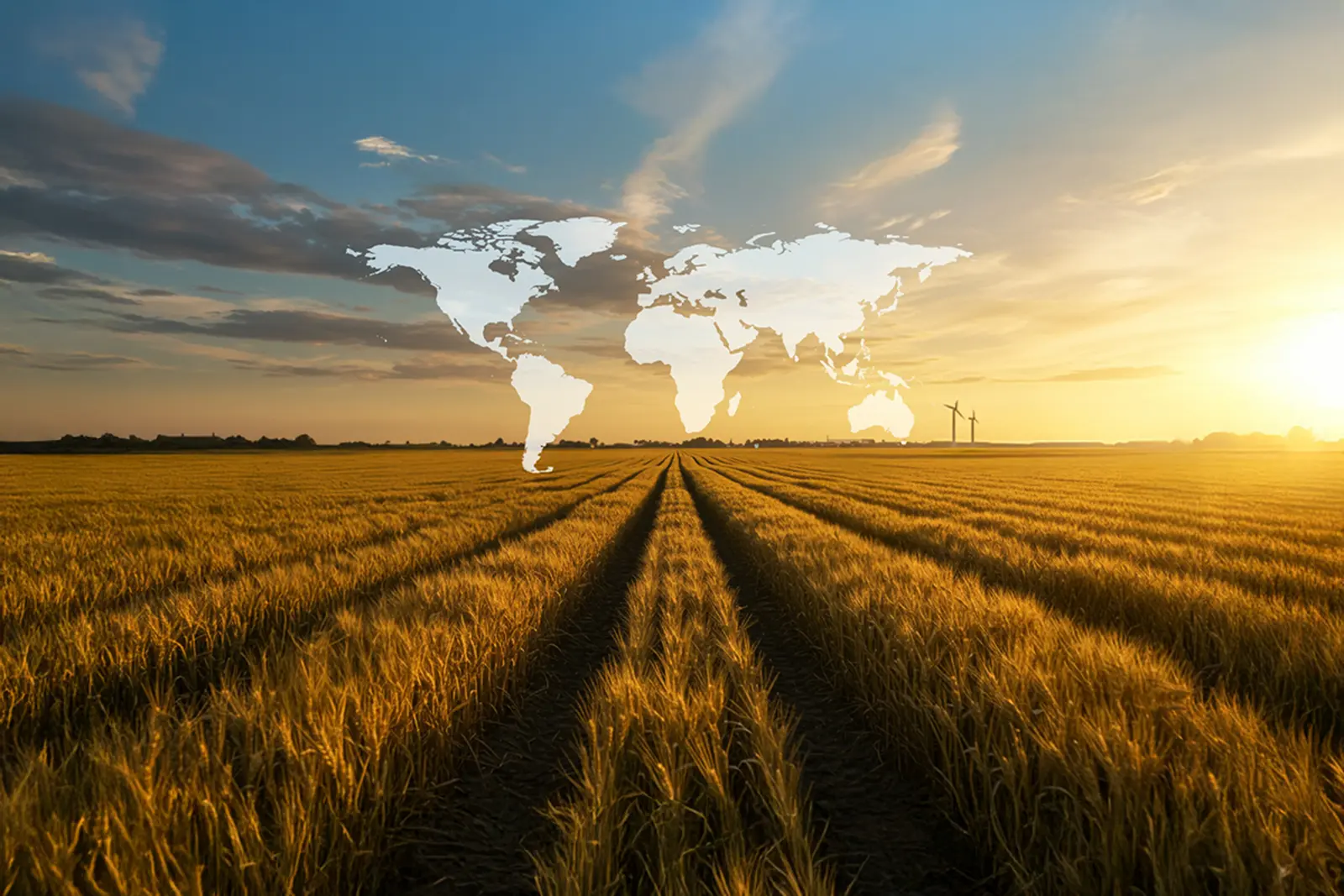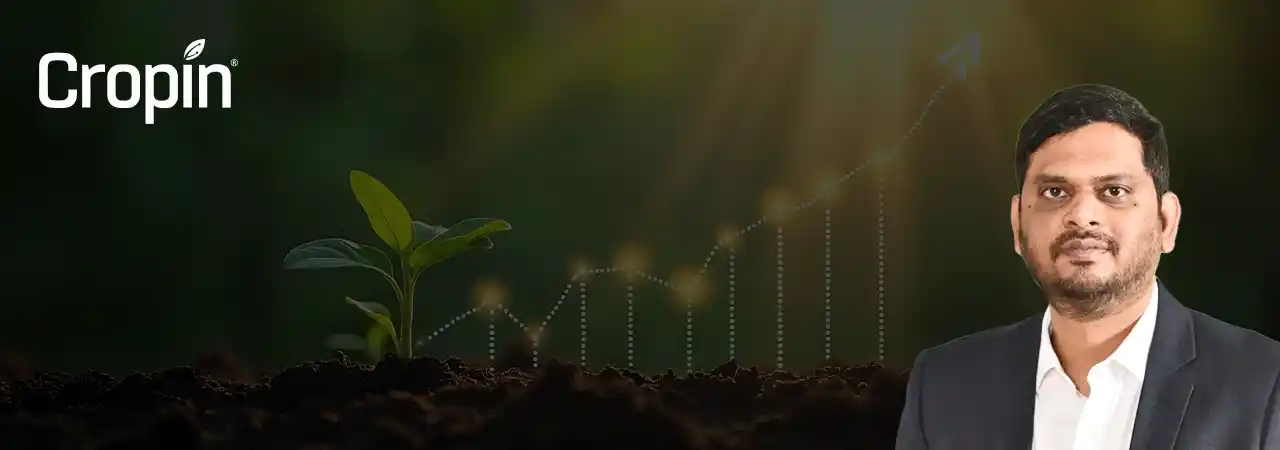Agricultural transformation to lower global carbon footprint
Agricultural activities account for approximately 30 percent of greenhouse gas emitted worldwide, which primarily comes from the use of chemical fertilizers, pesticides, and animal wastes.
- Digital and precision farming
- Carbon sequestration
- Switching to green fuels
- Ensuring farm-to-fork traceability
- Finding new geographies for agricultural activity
Responsible sourcing is critical
Most companies in the agricultural sector are actively looking to transform their operations with responsible sourcing and zero carbon farming, which in turn leads to
Exploring newer geographies for food production
The role of farm-to-fork traceability in carbon-neutral sourcing
Smart farming – the way towards zero carbon farming
- Lowered output predictability – which can have a trickle-down effect on replenishment planning, and stock and inventory management for food processing companies
- Lack of expertise in farming – resulting in a higher probability of errors, inefficient decision-making, and increased cost of operations, etc., which require technology intervention (digitization) to mitigate
Crop management software helps automate farm activities, streamline production, and work schedules, and improve agricultural productivity. The software collects data, analyzes it, and generates reports that farmers can rely upon to make informed decisions as to when to initiate crop rotation, the appropriate fertilizer to apply, the best pest control method to use, the right time to harvest, etc. All these drive sustainable farming.
Consumers today are concerned about climate change, which in turn is driving the demand for sustainable food production. Consumers want to know what is in their food, where it comes from, and how is it made. Data-driven digital farming solutions can make food supply chains efficient and traceable so that agricultural commodities can be traced from the rural farm to the urban end-consumer.
A pioneer in farm-to-fork traceability solutions
Read Spice Up your Agri-Business: Ways to Enhance Traceability in a Sustainable Spice Business to learn more about how Cropin helps to enhance traceability in agriculture.










